By A. Nichols
When discussing China, the question of whether or not China is a socialist or a capitalist country is always brought up. While the Communist party is in power in China, the economic structure of the country looks very different from a typical communist economy. By looking at the reforms that China went through under Deng Xiaoping, the increase in privatization of factories and homes, and seeing if socialism and capitalism can work harmoniously, it shows that China is no longer a strictly socialist nation, but rather a nation that is capitalist with socialist qualities.
To understand how China’s economy shifted towards a more capitalist economy, one has to look at Mao Zedong’s successor, Deng Xiaoping, and all the reforms he put into place. After Mao Zedong died, it was not long until Deng Xiaoping changed the way China was run. Deng Xiaoping encouraged China to open up to foreign investments and he encouraged others to “get rich gloriously” (BBC). It drastically changed China’s economy; China’s economy soon stabilized and then it started to grow rapidly: ten percent a year, lifting two hundred million out of poverty (BBC).
One key aspect of deciding whether or not China is indeed capitalist or not is the privatization of China’s businesses and homes. When Deng Xiaoping opened China up to the West, many previously state-owned businesses become were soon privatized by Western businesses. See Edward Gargan’s New York Times article about an American businessman coming to China. American companies came to China; not only big industrial companies, but fast food chains and commercial stores.
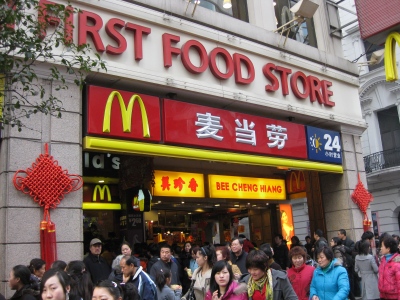
Photo Credit: capl@washjeff.edu

This work is licensed under a Creative Commons Attribution-NonCommercial-ShareAlike 3.0 Unported License.
With a shift in attitude towards privatization of businesses, it comes as no surprise that there was also a huge focus on the privatization of homes.The idea of being wealthy enough to own your own home is very appealing to many Chinese, and is forming a new class that is focused on the social status that comes with owning one’s own home (Li Zhang). It gives the people in China a small sense of what freedom is like when they can own their own home. The privatization of what was once state-owned housing and companies shows that China is shifting away from the traditional “communist” ideas and moving towards capitalism (Li Zhang). See Joseph Kahn’s article on the shifting views of capitalism in China.
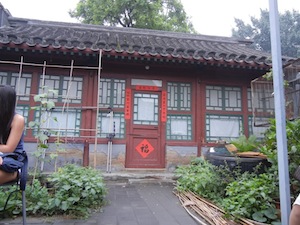 Photo Credit: Erin Bailey
Photo Credit: Erin Bailey

This work is licensed under a Creative Commons Attribution-NonCommercial 3.0 Unported License.
With the emergence of private property and businesses, it is clear that China is no longer a truly socialist nation, but is it one hundred percent capitalist? There is no black and white answer, though there was a major shift in political and economic thought when the economic reforms of Deng Xiaoping were put into place. The reforms allowed there to be an opening up of ownership, and allowed there to be the existence of private business owners (Faure).
Noting that China is no longer a strictly socialist society, the question now is whether or not capitalism and socialism could possibly work at the same time. China is truly a unique country at the moment; it has somehow been able to mix the socialist, capitalist, bureaucratic, and business sectors all together, creating this interesting hybrid system. See Ming Li’s article on how capitalism and socialism work together in China.
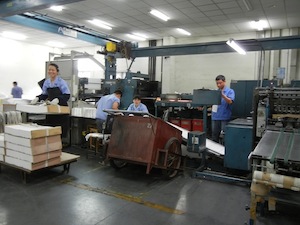
Photo Credit: Erin Bailey

This work is licensed under a Creative Commons Attribution-NonCommercial 3.0 Unported License.
China is definitely in a unique situation. China is never going to fully be free of the socialist qualities, which means China is a mix of socialism and capitalism, and it will stay mixed for a while. China is capitalist with “Chinese characteristics;” not fully capitalist, but not fully socialist either (Mingi Li).
Works Cited:
BBC, “Becoming a Superpower: Deng Xiaoping’s Reforms and Their Legacy.”
China’s Capitalist Revolution, Web,URL
Li Zhang, “Private Homes, Distinct Lifestyles: Performing a New Middle
Class,” Privatizing China: Socialism From Afar, editors Li Zhang
and Aihwa Ong, United States of America, Cornell University Press,
2008,Chapter. 23-40
David Faure, “China and Capitalism: A History of Business Enterprise in
Modern China,” Hong Kong China, Hong Kong University Press, 2006,
1-124, 68.
Mingi Li. “A Harmony of Capitalism and Socialism?.” Science & Society 73,
no. 2: 216-221 ,April 2009, Academic Search Premier, EBSCOhost,URL
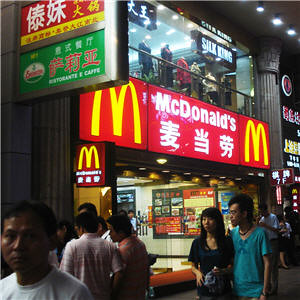

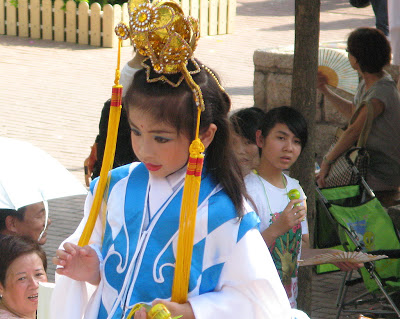
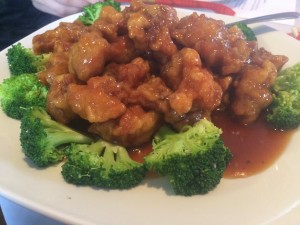
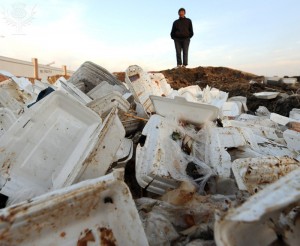
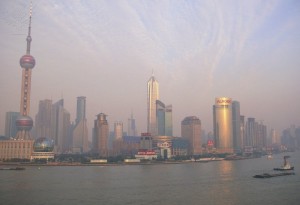
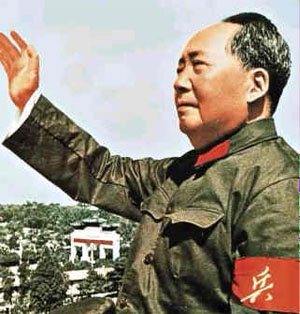
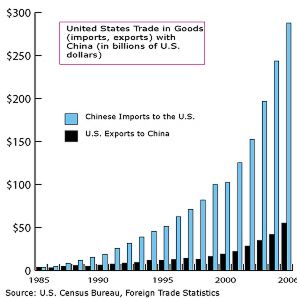
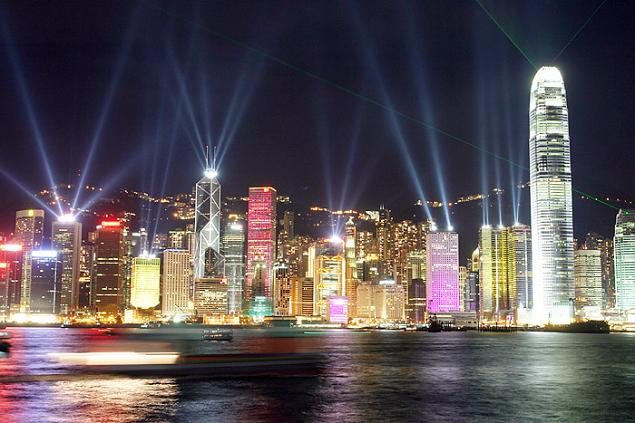
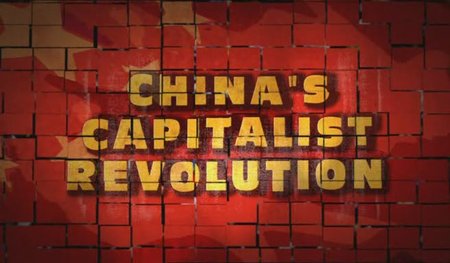
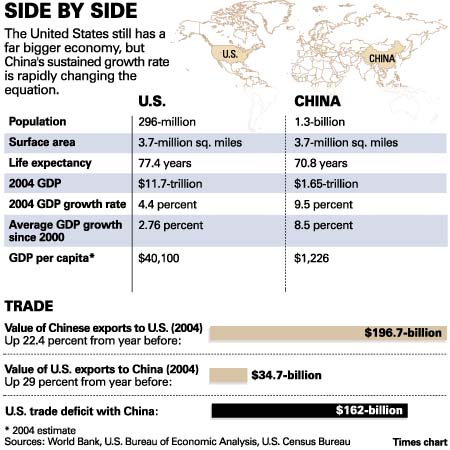
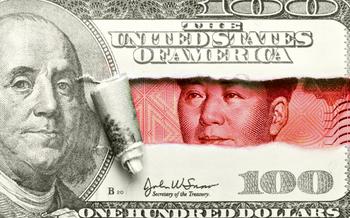

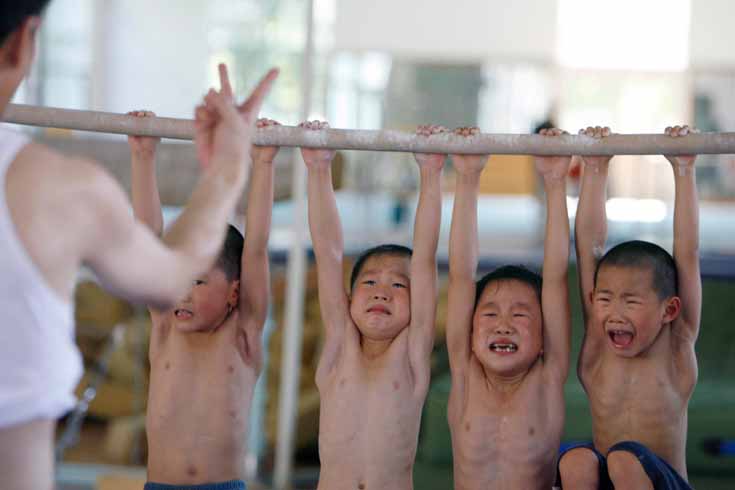
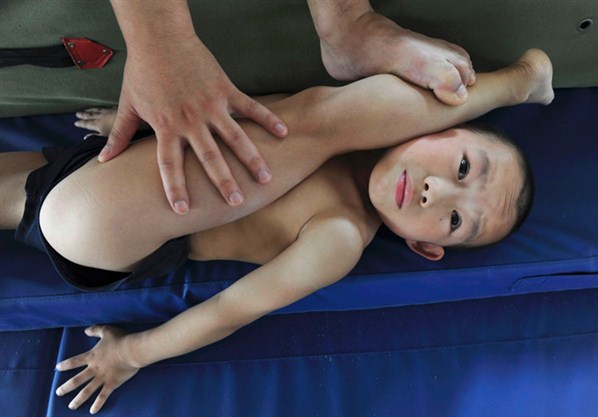


 Photo Credit: Erin Bailey
Photo Credit: Erin Bailey

